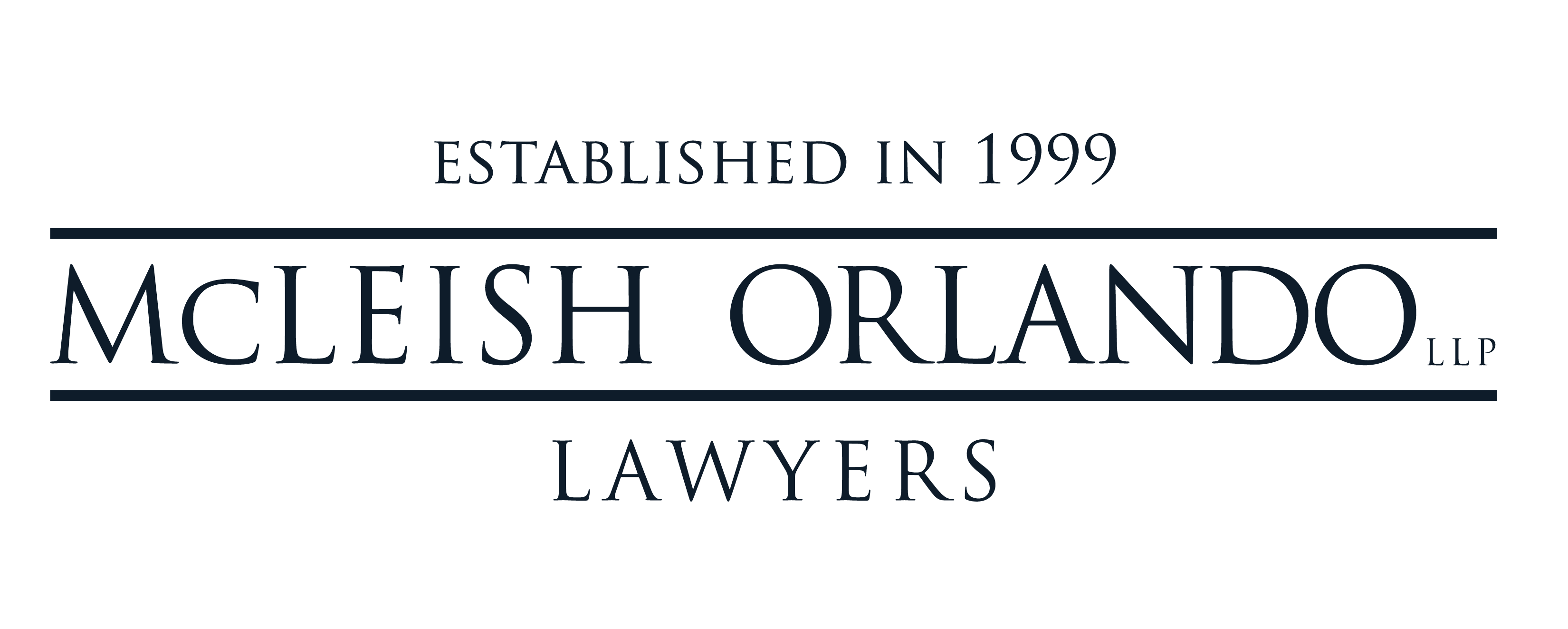Written By: Lindsay Charles, Partner, and Cierra Hurley, Articling Student
When a serious injury or illness forces someone out of the workforce, long-term disability (LTD) benefits can help bridge the gap and ease the uncertainty that comes with being unable to work. These benefits are usually paid through an insurance policy, often arranged by an employer as part of a group benefits package. They are designed to replace a portion of the person’s lost income while they are unable to work.
However, if that injured person later sues the party responsible for their injuries in a personal injury lawsuit, an important question arises: Does the LTD insurer have the right to be reimbursed for the benefits it has already paid? This issue, known as subrogation, can significantly affect the final outcome of a lawsuit and must be carefully considered.
What is Subrogation?
Subrogation is a legal principle that allows an insurer who has paid benefits to an injured person to “step into the shoes” of that person and pursue recovery against the party who caused the injury. In practical terms, it means that if an LTD insurer pays benefits to an injured worker, and that worker later recovers compensation in a lawsuit, the insurer may attempt to recover its payout from the settlement or judgment. The reasoning behind this is straightforward: the injured person should be compensated but not paid twice for the same loss, and the insurer should not be left bearing the financial burden of someone else’s negligence.
Importantly, subrogation is not the same as deductibility. Deductibility determines whether certain benefits are subtracted from the settlement amount or damages awarded. Subrogation, by contrast, is about whether the insurer itself has a direct right to reimbursement. The Supreme Court of Canada in Cunningham v Wheeler; Cooper v Miller; Shanks v McNee [1994] 1 SCR 359 emphasized that “generally, subrogation has no relevance in consideration of the deductibility of the disability benefits if they are found to be in the nature of insurance.” These are separate legal questions, and the two issues must be analyzed separately.
Subrogation in Non-Motor Vehicle Cases
In cases that do not involve motor vehicle collisions, such as slip and falls or occupier’s liability, LTD insurers may have a contractual right to subrogation. Most LTD policies contain specific clauses stating that if the insured person sues and recovers damages, the insurer is entitled to reimbursement out of that recovery.
However, the courts have recognized limits. The Ontario Court of Appeal in Rochon v Rochon ONCA 746 held that an insurer cannot subrogate against its own insured, stating “a suit by an insurer against its own insured does not fulfil the aims of subrogation, which is to avoid overpayment of the insured.” Subrogation is intended to prevent double recovery, not to put the insurer in conflict with the party who purchased the policy. The Ontario Court of Appeal has emphasized that allowing an insurer to sue its own insured would undermine the very purpose of insurance.
Subrogation in Motor Vehicle Cases
The rules are very different for motor vehicle collisions. Section 267.8(17) of Ontario’s Insurance Act specifically extinguishes LTD insurers’ subrogation rights when the injury arises from the use or operation of a motor vehicle. It reads:
A person who has made a payment described in subsection (1), (4) or (6) is not subrogated to a right of recovery of the insured against another person in respect of that payment.
Subsection (1) addresses income loss and loss of earning capacity, subsection (4) covers healthcare expenses, and subsection (6) deals with other pecuniary losses. Importantly, this section of the Insurance Act means that if a person is injured in a collision and receives LTD benefits, the insurer cannot later claim reimbursement from any settlement or judgment against the at-fault driver.
Litigation involving motor vehicle collisions already involves complex interactions between tort claims and statutory accident benefits, and the legislation has determined that injured persons should not also face competing repayment claims from LTD insurers.
Why Subrogation Matters in Personal Injury Cases
The existence or absence of subrogation rights can significantly impact your net recovery. If the insurer is entitled to repayment, it may demand that part of your settlement be used to reimburse the benefits it has already paid out. On the other hand, if no such right exists, such as in motor vehicle collision cases, the insurer cannot seek reimbursement.
This is why it is essential to have an experienced lawyer on your side. Your lawyer can:
- Carefully review your LTD policy language to identify whether subrogation rights exist.
- Notify the insurer of the lawsuit.
- Confirm whether the insurer intends to pursue subrogation.
- Negotiate repayment obligations.
Transparency is key. During settlement negotiations, it is critical to clarify exactly how much of the settlement will be subject to subrogation. Without this clarity, what appears to be a generous settlement on paper may shrink substantially once repayment obligations are factored in. Clear communication helps ensure that you know the true value of any settlement offer and that your recovery is prioritized.
Conclusion
The potential subrogation rights of LTD insurers are one of the many complexities that arise in personal injury litigation. For injured people, this issue can have a dramatic impact on whether they walk away from a settlement or damages award with the full amount they expected, or whether a significant portion must be paid back to their insurer.
While insurers are entitled to protect their financial interests, the law also places limits on when and how they can do so.
If you have been injured and are receiving LTD benefits while considering a lawsuit, our team can guide you through these complex issues. Contact us today to learn how we can help.





